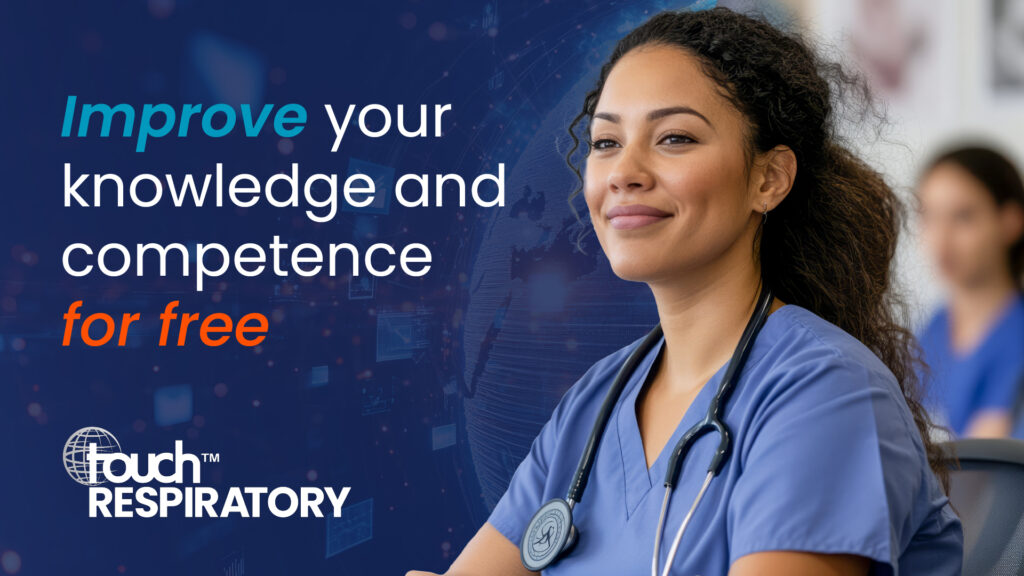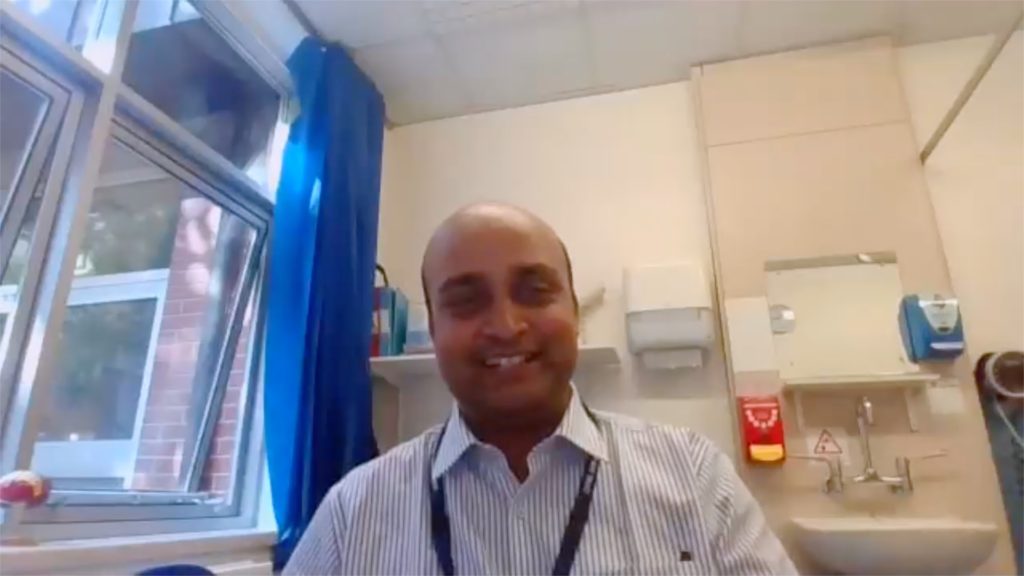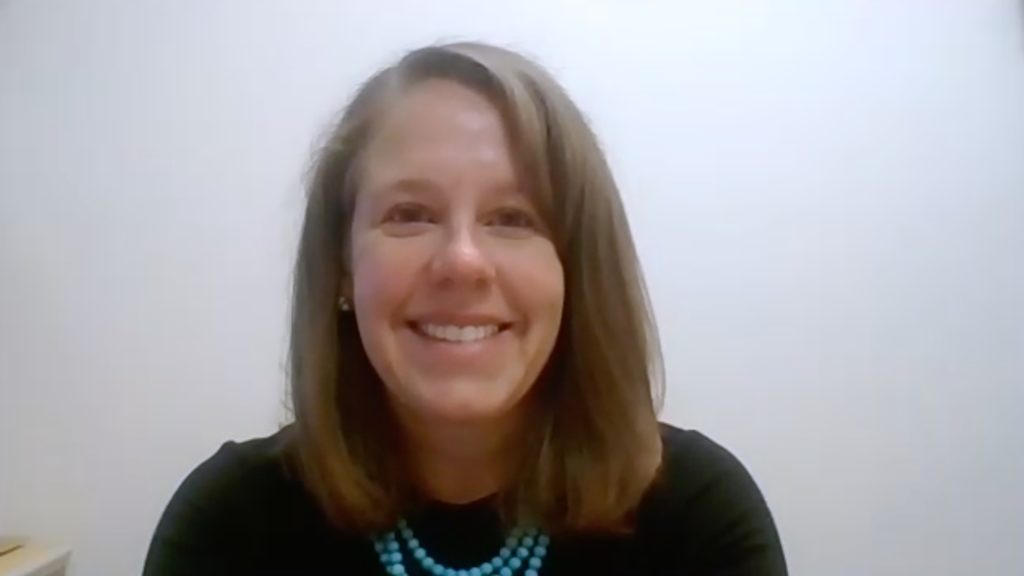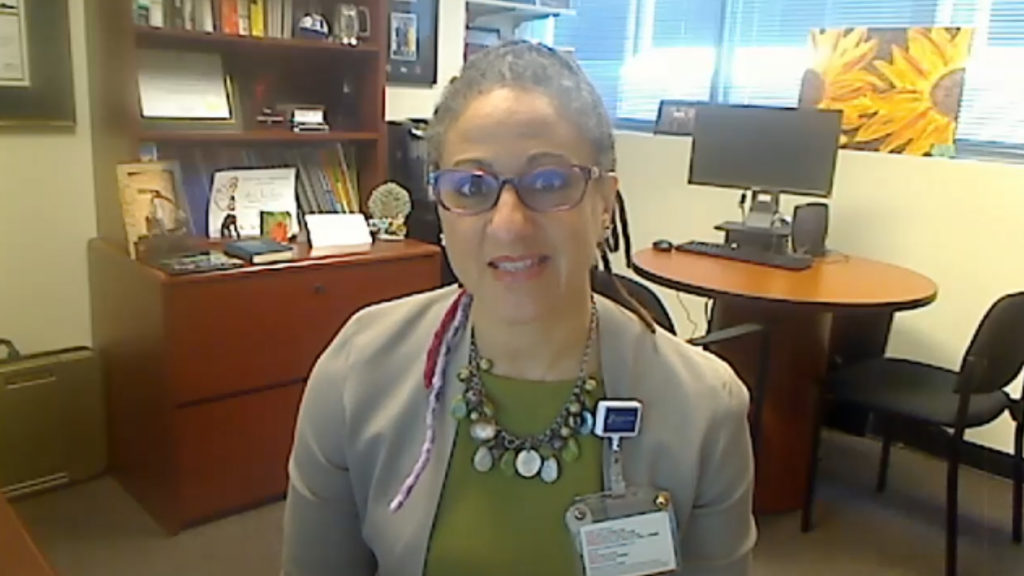 Dr Helen Gavillet is a post-doctoral researcher at Northumbria University (Northumbria, UK), specializing in the lung microbiome in cystic fibrosis.1 Her research primarily focuses on the bacterial and fungal components of the microbiome and their interactions in disease. Dr Gavillet completed her PhD at Manchester Metropolitan University, where she studied the longitudinal dynamics of bacteria and fungi in patients with cystic fibrosis and the role of NGS in pathogen detection. She is currently exploring the impact of new cystic fibrosis transmembrane conductance regulator (CFTR) modulators on respiratory microbiomes. Dr Gavillet was named one of this year’s Rising Stars of the 7th Forum on Respiratory Tract Infections (RTI), 3–5 February 2025, Glasgow, UK.
Dr Helen Gavillet is a post-doctoral researcher at Northumbria University (Northumbria, UK), specializing in the lung microbiome in cystic fibrosis.1 Her research primarily focuses on the bacterial and fungal components of the microbiome and their interactions in disease. Dr Gavillet completed her PhD at Manchester Metropolitan University, where she studied the longitudinal dynamics of bacteria and fungi in patients with cystic fibrosis and the role of NGS in pathogen detection. She is currently exploring the impact of new cystic fibrosis transmembrane conductance regulator (CFTR) modulators on respiratory microbiomes. Dr Gavillet was named one of this year’s Rising Stars of the 7th Forum on Respiratory Tract Infections (RTI), 3–5 February 2025, Glasgow, UK.
As part of our Future Leaders series, Dr Gavillet discusses her path to postdoctoral research, focusing on the microbiome in lung infections, particularly in cystic fibrosis. She shares her shift from research into the gut microbiome to studying lung microbiota, emphasizing the unique challenges and problem-solving aspects of her work. Dr Gavillet also reflects on the impact of new CFTR modulators such as elexacaftor/tezacaftor/ivacaftor and their application to broader uses. She offers advice for aspiring scientists, stressing the value of problem-solving skills, initiative and a genuine interest. Finally, she highlights the progress of her research, including upcoming publications and data from paediatric cohorts.
Q. What inspired you to pursue a career in respiratory medicine?
I’m currently a postdoctoral researcher at Northbury University, and my path into researching the microbiome and lung infections has been a bit non-traditional. I originally studied forensic biology, and some of the classes I took involved microbiology, which sparked my interest in the biological side of things. To transition away from forensics, I pursued a masters’ in medical science, which I really enjoyed, and then worked in diabetes research for a while. I’ve explored a range of fields, but I’ve always been particularly drawn to the gut microbiome and gastroenterology. I found a PhD opportunity with Chris van der Gast focusing on the lung microbiota, and I thought that sounded interesting. Over time, my work has naturally evolved toward lung infection research, which worked out really nicely because it’s really interesting.
Q. Could you give us an overview of your research areas of interest?
Initially, I had my sights set on researching the gut microbiome, but ultimately, it’s the microbiome itself that really captures my interest, regardless of its location in the body. That said, the lung microbiome is its own beast, it’s got its own nuances, its own problems that we still have to figure out and for me, problem solving is the biggest attraction of the job. I work in cystic fibrosis lung infection, specifically focusing on the impact of the new modulator, elexacaftor/tezacaftor/ivacaftor, and how this impacts the bacterial and the fungal components of the microbiome. So my main focus is the bacterial microbiota, but I also have a strong interest in the fungal components of the microbiome. This area is often overlooked and there’s limited research on it, so it’s interesting to get the fungal data alongside the bacterial data and see how they interact.
What I really enjoy is the opportunity to problem-solve, troubleshoot and investigate. While my work may focus on answering smaller questions within the field, I know it ultimately contributes to something bigger—particularly for the patients. That’s what motivates me to do what I do.
Q. What current innovations in RTIs and respiratory medicine excite you the most?
There are two ways to approach this. For patients, the new modulators being developed, like the upcoming vanzacaftor/tezacaftor/deutivacaftor (an improved version of elexacaftor/tezacaftor/ivacaftor), are truly exciting. These advancements are significantly improving quality of life and lifespan, which is really exciting. As a researcher, it’s incredible to see these innovations come to fruition and make a real impact on patients. From a scientific perspective, it will also be fascinating to explore how these medicines could potentially be translated into treatments for other diseases, not just lung-related ones. Since these modulators address genetic issues, it’s intriguing to think about how similar approaches could benefit other conditions and improve treatments for a wider population.
Q. What advice would you give to medical students or young professionals considering a career in this area?
I think the key is not to get too bogged down by the pressure to be a perfect student or super smart. While academic success is important, I don’t believe it’s the be-all and end-all in science. The most important qualities for a scientist are problem-solving skills and an inquisitive mindset. It’s one thing to be academically sharp and know everything about a subject, but when it comes to processing data or troubleshooting in the lab, you need to have that analytical mindset to figure things out and ask the right questions. I’m not the most academically gifted person, but I’ve still managed to succeed because I focused on developing these skills. It’s also important to expand your horizons beyond academics by finding hobbies or activities that challenge you to think in new ways, as this can help in your career.
Additionally, there’s often pressure as professionals to produce significant or groundbreaking results, but that’s not always the reality. Not every discovery will be monumental, and sometimes finding that something hasn’t changed or doesn’t have an effect is just as important as a major breakthrough. So, I would advise you not to be discouraged if things don’t always go as planned, and not to put too much pressure on yourself to have a perfect academic record. My own path was unconventional—I didn’t follow the typical route of undergrad, masters’ and then straight into my career. I went to university four times, it took me a while to get here, but I made it.
Q. What are the next steps for your research, and what are you hoping to achieve with your upcoming findings?
The work we presented at the RTI 2025 conference on the long term effect of elexacaftor/tezacaftor/ivacaftor on the microbiome in cystic fibrosis has yielded some additional results, and we’re aiming to publish those soon.2 It will be interesting to see how the community responds to our findings. We also have paediatric cohorts to analyze, so we’re hopeful that will produce some fascinating data as well. Ideally, we’ll present that at future conferences, possibly even at next year’s RTI. For now, though, it’s just a matter of keeping our heads down, focusing on the analysis and hoping for the best.
References
- Respiratory Tract Infections (RTI). RTI 2025 Rising Stars. Available at: https://rti-forum.org/2025/?page_id=114 (accessed 4 April 2025).
- Helen Gavillet. Impact of long-term Elexacaftor/Tezacaftor/Ivacaftor therapy on lung infection microbiota in adults with cystic fibrosis. Presented at: RTI 2025, Glasgow, 4 February 2025.
Further content in cystic fibrosis.
Editor: Victoria Jones, Senior Content Editor.
Citation: Dr Helen Gavillet, #RTI2025 Rising Star Winner: Lung Microbiome Research, Scientific Resilience and Advancements in Cystic Fibrosis. touchRESPIRATORY. 16 April 2025.
Disclosures: This short article was prepared by touchRESPIRATORY in collaboration with Dr Helen Gavillet. No fees or funding were associated with its publication.
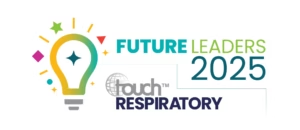
touchRESPIRATORY is celebrating the brightest rising stars in respiratory and pulmonary medicine, who are set to shape the future of the field.
Register now to receive the touchRESPIRATORY newsletter!
Don’t miss out on hearing about our latest peer reviewed articles, expert opinions, conference news, podcasts and more.

